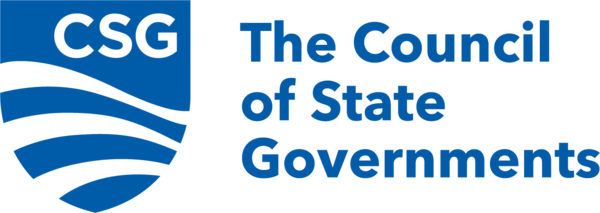
Since 2019, 14 states have either established or revised universal license recognition (ULR) laws. These statutes define a framework where a state determines its unique process to grant an occupational license to an individual who already holds a license in another state or U.S. territory. ULR laws generally set less restrictive and more uniform license portability standards across most or all licensed occupations in a state. However, such laws do not offer true reciprocity (instantaneous recognition of a license from another state) or the mutual recognition found in most interstate licensing compacts. While ULR laws may require an application process and discretion by the licensing board, they have the intended effect of lowering the threshold for license portability in a state and reducing time to licensure.
Continue reading “CSG Report on Universal License Recognition”
